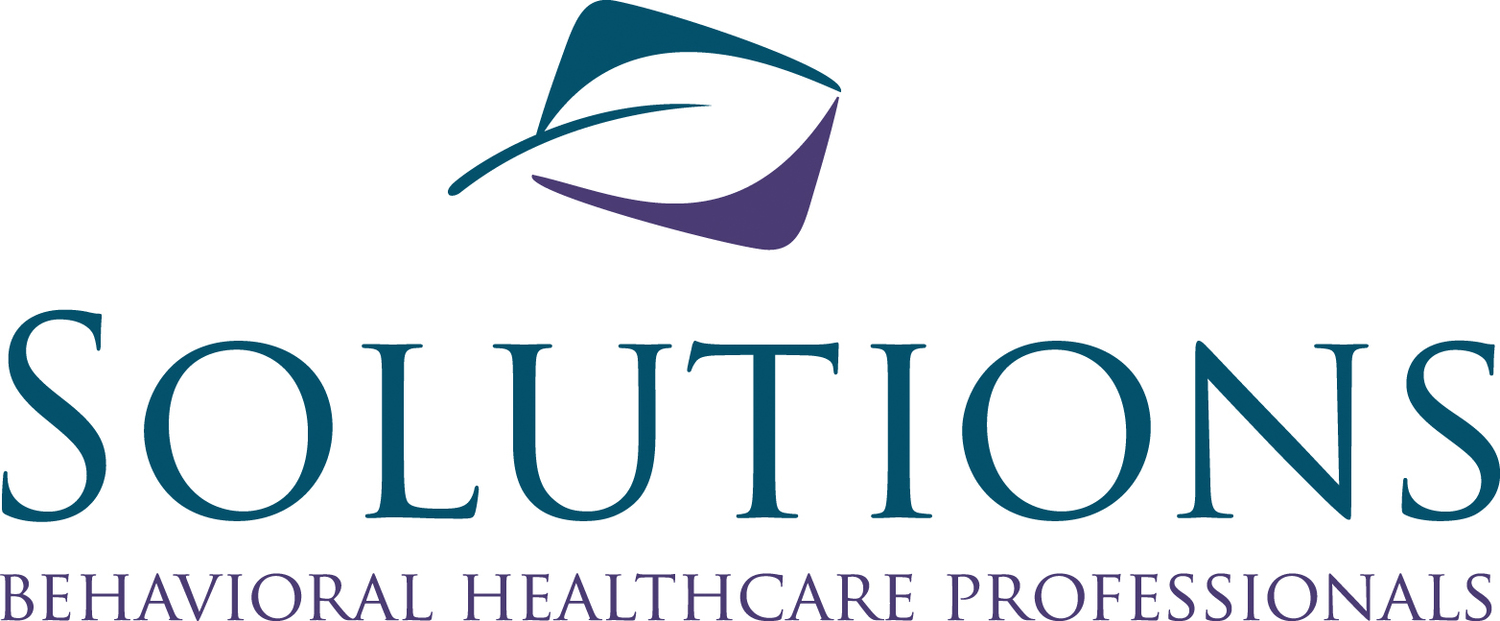Clinical Training Rotations
The clinical training rotations are the same across all internships. There are two six-month training rotations, with interns alternating these experiences. One rotation is with the Dialectical Behavior Therapy (DBT) program and the other is with the Autism Clinic/Applied Behavior Analysis program. Interns spend 4-6 hours per week in activities for their rotation. The Interns are assigned to a rotation at the beginning of the training year. Completion of both rotations enhances the overall “generalist” experience by providing exposure to these more specialized areas.
It should be noted that the DBT rotation is subject to fluctuations due to current enrollment. Particularly with the onset of the COVID19 pandemic, there may be times where client enrollment is not sufficient to host a group. In the event of enrollment difficulties, all possible attempts are made to create alternatives for the intern that will provide as similar a level of experience and exposure to DBT as possible. These may include observing groups via telehealth from another office or facilitating individual DBT skills training sessions.
Rotation 1: Dialectical Behavior Therapy (DBT)
Interns receive didactic training in DBT at the beginning of the year. Solutions’ DBT program uses Marsha Linehan’s model (2nd edition materials), and is designed to meet state requirements for certification in this specialized area. Dr. Brandon Saxton, Ph.D., L.P., and Dr. Tharaki Siyaguna, Ph.D., L.P., are the supervisors of this 6-month internship rotation. Clinical training activities for this rotation include:
a) Serving as co-facilitator for the DBT adult and/or adolescent groups (3 hours/week)
b) Providing individual therapy to at least one DBT client (1-2 hours/week)
c) Participating in weekly DBT group supervision (1 hour/week)
The objective of the DBT rotation is for the Intern to effectively co-lead a DBT group using the Linehan model.
Interns are given a list of the specific expected outcomes at the start of the rotation. Midway through, Interns are provided informal feedback as to their progress on these areas, as discussed in the Intern Evaluation section. They are again provided feedback evaluated at the end of the rotation.
Rotation 2: Applied Behavior Analysis (ABA)
Interns receive didactic training in applied behavior analysis (ABA) and autism at the start of the year. Training activities at for the ABA rotation are supervised by Courtney Peterson, M.S., LPCC, BCBA, and Jarrod Erdman, BCBA, through a weekly group supervision meeting. These individuals also provide oversight to interns when they are at the autism clinic. Clinical training activities for this rotation include:
a) Providing individual and group intervention (1-2 hours/week)
b) Developing assessments and treatment plans (2-3 hour/week)
c) Participating in group supervision (1 hour/week)
The objective for the ABA program rotation is for the Intern to develop a general understanding of Applied Behavior Analysis.
Interns are given a list of specific expected outcomes at the start of the rotation. Midway through, Interns are given informal feedback about their progress relative to these outcomes, as discussed in the Intern Evaluation section. They are again provided feedback at the end of the rotation.
Additional Training Opportunities
Additional training experiences may be available, such as being involved in Parent-Child Interactional Therapy (PCIT), adult psychiatric rehabilitation, Children’s Therapeutic Services and Supports, and residential consultation. These optional activities allow Interns to explore areas of interest. While none of these are required to accomplish the core competencies, they can be good supplemental experiences. To make a request to participate in these training opportunities, the intern should speak with a supervisor.
